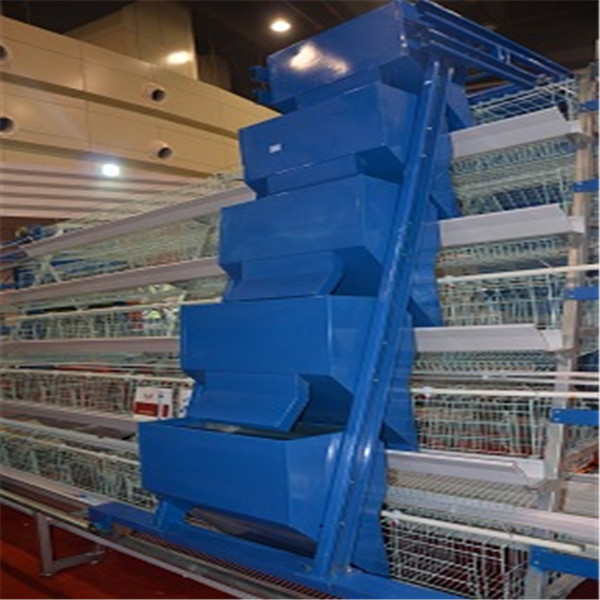In the process of chicken farming equipment to raise chickens, the epidemic prevention work is a work that cannot be ignored. The good flocks made by epidemic prevention can reduce or avoid the occurrence of infectious diseases. Then how to prevent chickens from immunization, immunization is the main point of epidemic prevention and The key, the immune effect is the key to the success of raising chickens. To achieve good results in immunization, author reminds farmers to do the following things and points.
1. Daily disinfection: reasonable disinfection can kill the pathogenic microorganisms in the house and reduce the spread of bacteria. In addition, the health of the house has an important impact on the immune effect. Only chickens and chicken houses are in the house. Under hygienic conditions, the vaccination vaccine can produce a strong immune response when the defense mechanism is actively active.
2. Methods and procedures for developing immunization: Different immunization methods are different for different diseases, so farmers should develop a reasonable scientific immunization plan and immunization level according to the prevalence of flock parental diseases and local diseases. In order to effectively ensure the occurrence of flock diseases.

3. Choose a high-quality vaccine: How the quality of the vaccine can directly determine the immune effect, so the farmer chooses the vaccine suitable for the chicken farm according to the advantages and disadvantages of the vaccine. When using the vaccine, it must be strictly in accordance with the instructions. Any vaccine that has no manufacturer, approval number or expired and improperly preserved must not be used.
4. Drinking water should be paid attention to: drinking water immunization is a simple and effective immunization method chosen by many farmers. When using the drinking water method to carry out chicken immunization work, farmers should ensure that the water does not contain chlorine, disinfectants, detergents, etc. The substance that kills the vaccine. Each chicken was given an appropriate immunization dose. At intervals between immunizations, immune monitoring should be performed on the immunized flocks to see if the vaccine is immune.
5. Diseased chickens should not be immunized: farmers should pay attention to the fact that only healthy chickens can produce strong immunity after immunization with vaccines, and weak chickens can affect the production of immunity, in addition to chicken pox and other chronic infectious diseases. Chicken flocks are generally not immune to vaccines.
6. Do a good job of epidemic prevention records: the epidemic prevention work can not avoid the whole cycle only once, and it needs to be carried out regularly. Therefore, in the process of raising chickens, all the farmers must do their work in a diligent manner, and the good memory is not as bad as the pen, so After the vaccine is immunized, the chicken farm shall record the name of the vaccine, the manufacturer, the production batch number, the immunization method, the date of inoculation, the dilution concentration, and the immune effect.









